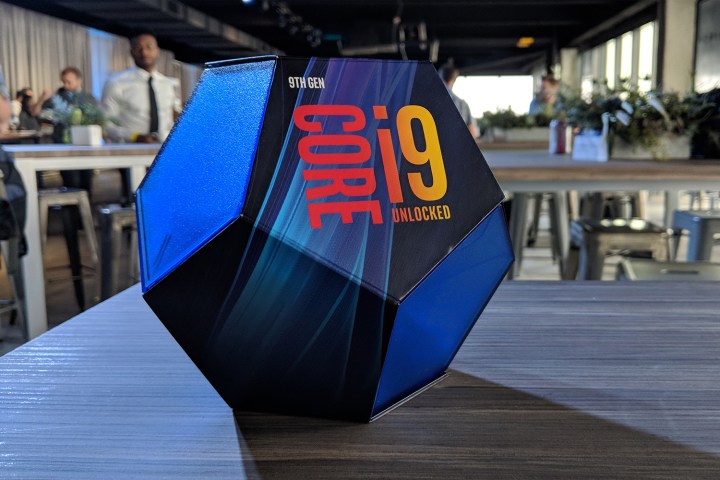Tech News
Intel’s downfall hurts everyone | DailyTech

Intel is currently facing a series of challenges that have put the company in a difficult position. From ongoing instability issues to a disappointing earnings report, Intel’s troubles have not gone unnoticed. The postponement of its annual Innovation event and a lawsuit filed by shareholders further underscore the company’s struggles. It’s clear that Intel is going through a rough patch.
The backlash against Intel is understandable, with game developers, gamers, and shareholders expressing frustration over various issues, including financial losses, return denials, and allegations of fraudulent behavior. While it may be satisfying to see a company facing consequences for its actions, it’s important to recognize that Intel’s struggles have broader implications for the PC industry.
Get your weekly teardown of the tech behind PC gaming
Dynamics of a duopoly

The tech industry is characterized by duopolies, with key players like Windows and macOS, Android and iOS, Nvidia and AMD, and AMD and Intel dominating their respective markets. While some competitors are emerging, the desktop processor market remains largely dominated by AMD and Intel. Brand loyalty plays a significant role in consumer choices, with factors like experience, satisfaction, and trust influencing purchasing decisions.
Intel’s current challenges have sparked intense reactions from enthusiasts, with fans defending their preferred company and criticizing the competition. This tribalistic behavior can have negative consequences for the industry as a whole, as demonstrated by the current situation facing Intel.

While it’s essential for Intel to address its current issues, it’s also crucial to consider the broader impact on the CPU market. The delicate balance of power in a duopoly can be disrupted by one company’s struggles, leading to market instability and potential repercussions for consumers.
Despite Intel’s market leadership, recent developments suggest a shift in the competitive landscape. It’s important to evaluate products objectively and consider the long-term consequences of supporting one company over another.
We’ve been here before

Historical examples demonstrate the potential consequences of one company’s dominant position in a market. A lack of competition can lead to higher prices, stagnation in product development, and a reduced focus on innovation. It’s essential for consumers to support a healthy competitive environment that benefits everyone.

By encouraging competition and holding companies accountable, consumers can help drive innovation and ensure a competitive market that benefits everyone. It’s important to consider the broader implications of supporting one company over another and strive for a balanced and fair marketplace.
Good faith comparisons

As consumers, it’s important to approach product reviews and purchasing decisions with an open mind and a commitment to supporting a competitive and innovative market. By considering all available options and evaluating products based on their merits, we can contribute to a healthier and more dynamic industry.
-

 Destination8 months ago
Destination8 months agoSingapore Airlines CEO set to join board of Air India, BA News, BA
-

 Breaking News10 months ago
Breaking News10 months agoCroatia to reintroduce compulsory military draft as regional tensions soar
-

 Gadgets3 months ago
Gadgets3 months agoSupernatural Season 16 Revival News, Cast, Plot and Release Date
-

 Tech News12 months ago
Tech News12 months agoBangladeshi police agents accused of selling citizens’ personal information on Telegram
-

 Productivity11 months ago
Productivity11 months agoHow Your Contact Center Can Become A Customer Engagement Center
-

 Gadgets3 weeks ago
Gadgets3 weeks agoFallout Season 2 Potential Release Date, Cast, Plot and News
-

 Breaking News10 months ago
Breaking News10 months agoBangladesh crisis: Refaat Ahmed sworn in as Bangladesh’s new chief justice
-

 Toys12 months ago
Toys12 months ago15 of the Best Trike & Tricycles Mums Recommend























